Solar Batteries & Storage Devon
Devon-based Solar Battery and Solar Panel Installers with 25 years’ experience. Experts in solar batteries and solar panels for homes and businesses.
Home energy storage batteries
Solar house batteries ensure you have complete independence from the grid and allow you to store up energy for when you really need it. If you have, or are thinking about owning an electric vehicle, a battery is a no brainer. You can quickly realise £1000s/year in savings!
How home energy battery storage works?
Home battery systems, (such as Telsa’s Powerwall 2 home battery) works by storing up any excess electricity you produce from your home solar panel system so that you can tap into that energy when the sun goes down. It is also possible to charge the batteries overnight from the grid when electricity is cheapest, and use that energy during the day. This can be a boon when you need more electricity than your solar system produces, or even if you don’t have solar at all.
The benefits of a home energy storage battery
Never have a power cut again
Here in Devon, many of us are quite used to the occasional power cut. That’s why so many households are turning to home battery energy storage systems as a backup power supply. Most of our home batteries come with either integrated or optional back up cover, so make sure you ask our sales technicians if this is something you want.
You save money by storing all the free energy you produce from the sun
Think of it like this. You’re generating energy when the sun is shining . However, you are probably not using a lot of energy at the same time. Most UK households use most energy during peak hours, such as late afternoon and early evening, when prices are higher. That’s where house battery storage comes in. After storing the lovely free electricty generated from the sun it is available to use during more expensive peak hours. This means you draw less from the grid and ultimately save money.
Home battery energy storage systems have a key role to play in the drive toward net-zero
According to one study, solar panels and a battery storage system installed in a UK household could reduce CO2 emissions by around 14 tons over the system’s lifespan. To put that in context, the average UK household produces around 8.1 tons of CO2 emissions per year.




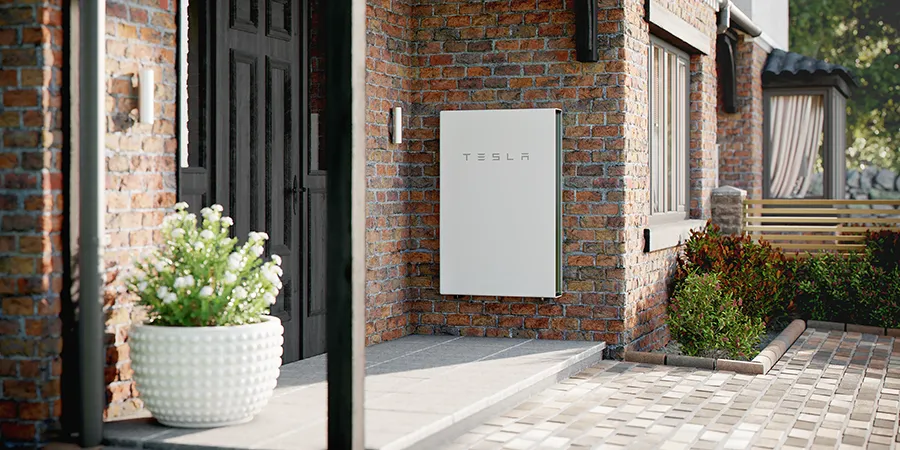
“Really excellent people to work with. All the elements of the solar power system were fitted quickly and tidily by competent and efficient teams. I really liked working with this company & would recommend them to everyone.”
Compare energy storage batteries
The table below outlines our favourite batteries, and their key features. Don’t forget to call us to talk through which one is best for you.
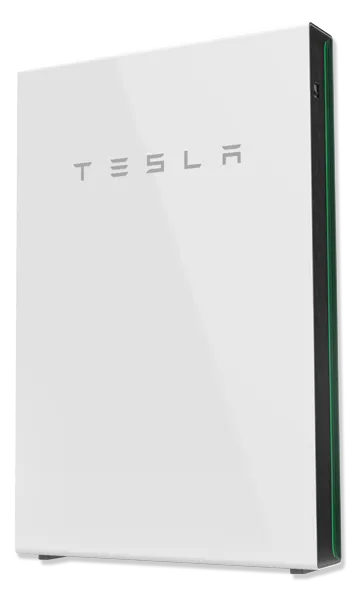
Tesla
Powerwall 3
Storage capacity
13.5 kWh
Max. continuous power
11.5 kW
AC/DC coupled
Both
product warranty
10 years
Extras
Whole house back-up
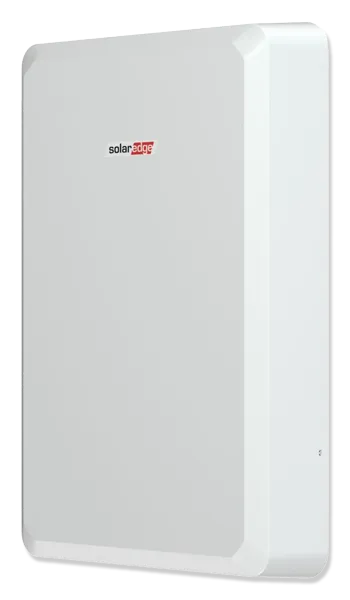
SolarEdge
Storage capacity
10 kWh
Max. continuous power
5 kW
AC/DC coupled
both
product warranty
10 years
Extras
Optimised for shading
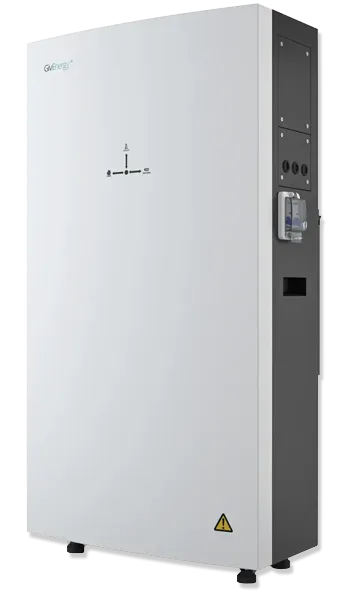
GivEnergy
All in One
Storage capacity
13.5 kWh
Max. continuous power
6 kW
AC/DC coupled
DC
product warranty
12 years
Extras
Whole house back-up
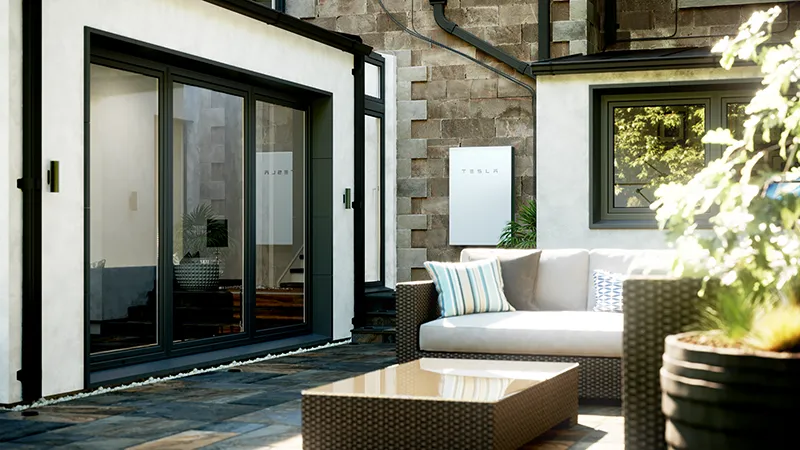
Tesla Powerwall 3
coming soon
FAQs about home energy storage
What’s the ‘useable’ capacity of a house battery?
Capacity is the amount of energy in kWh (units) that a battery can store. Batteries should never be drained completely. However, some are misleadingly sold quoting ‘total’ capacity. Check what’s being stated. ‘Useable capacity’ is the figure you need to know. Though Tesla Powerwall 2 is 14kWh, it’s sold as 13.5kWh, it’s useable capacity. It will never fully discharge to prevent damage to the battery cells.
What are home storage battery ‘cycles’?
A cycle is one complete discharge and one complete charge. In reality it doesn’t happen like that. A house battery may only discharge 25%, then recharge 25%. This would be 1/4 of a cycle. So you need to know how many cycles a battery is warrantied for. Only then can you work out how many kWhs (units of electric) your battery will deliver over its warrantied lifetime.
What capacity do I need for my home?
Like the number of panels needed for a solar panel system for homes, your requirements and needs affect the answer. Planning to own an Electric Car? A larger home storage battery can keep the house running and charge your EV overnight. Grid trading: larger battery capacity means more charging on cheap rate and more to sell back to the grid at peak rate. For high power devices larger batteries have higher output and will not be damaged by higher demand. Bloom Renewables can model a complete house battery systems to help you decide.
What’s a home storage battery’s charge/discharge power?
Some battery storage systems only deliver 800w (watts) of power. That’s no good if you want a cup of tea! (your kettle needs 2000 watts). Likewise, if you’re generating 4kW but the battery can only take on 3kW then 1kW will be heading to the grid, wasting your precious free energy.
So it’s essential that you check the power output before you buy, otherwise you may find yourself drawing a lot of energy from the grid even though you have energy in your battery.
What's the price per kWh?
As you’ll see from the table below, there are many storage solutions at varying prices. Checking the price/kWh of storage capacity is fair and accurate way to compare different home battery storage systems. What’s the right number of kWh for your property? That depends on you. The more kWhs you have, the more you can reduce your bills and take advantage of ‘Time of Use’ tariffs that are starting to emerge on the energy supply market. These allow charging on cheap rate and selling back to the grid at higher rate periods. The greater the storage, the more you can sell.
What about power cuts?
Most systems are designed just for storage. However, some offer backup capability to provide power when there has been a powercut.
Two things to consider.
1. To prevent damage to your battery or appliances some of your circuits may need to be removed from the backed up circuits.
2. You may want to consider a larger storage capacity to keep some power in reserve.
If backup is essential, let us know and we’ll design some bespoke house battery storage solutions for you to choose from.